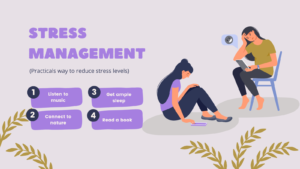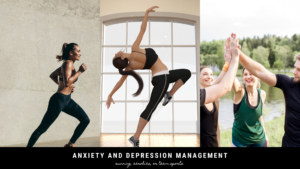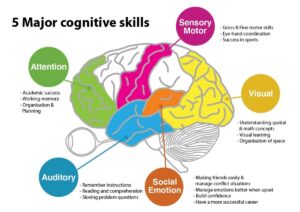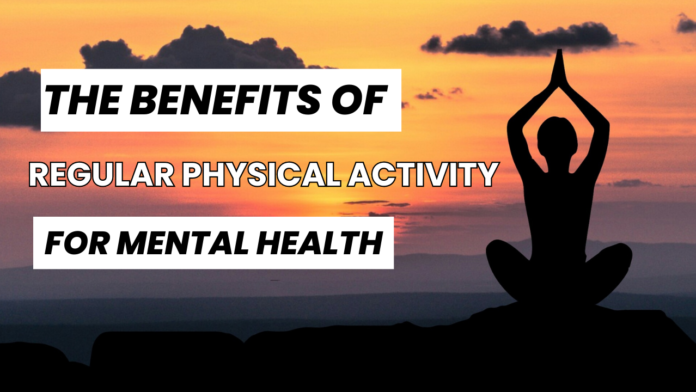In this blog, we will explore the numerous benefits of engaging in regular physical activity for mental health. Many people are aware that exercise is essential for physical well-being, but its impact on mental health is often underestimated. We will delve into the science behind the positive effects of exercise on mental well-being and provide practical tips for incorporating physical activity into your daily routine.
- Stress Reduction: Regular physical activity has been shown to be an effective stress management tool. Exercise helps reduce the production of stress hormones such as cortisol while stimulating the release of endorphins, which are natural mood elevators. Engaging in activities like jogging, swimming, or yoga can help clear the mind, improve mood, and alleviate feelings of stress.

2.Mood Enhancement: Physical activity is known to boost mood and promote a sense of well-being. Exercise stimulates the production of neurotransmitters like serotonin and dopamine, which are involved in regulating mood. People who regularly engage in physical activity often report feeling happier and more content. Activities such as brisk walking, cycling, or dancing can be great mood-boosters.

3.Anxiety and Depression Management: Exercise has been shown to have positive effects on anxiety and depression symptoms. Physical activity helps reduce anxiety by promoting relaxation, improving sleep quality, and increasing self-confidence. It can also alleviate symptoms of depression by boosting mood and increasing overall energy levels. Engaging in activities like running, aerobics, or team sports can be particularly beneficial for managing these conditions.

4.Cognitive Function and Mental Sharpness: Physical activity has been linked to improved cognitive function and mental sharpness. Exercise increases blood flow to the brain, promoting the growth of new neurons and enhancing memory, attention, and problem-solving skills. Regular physical activity, such as moderate-intensity aerobic exercises or strength training, can help maintain cognitive function and reduce the risk of cognitive decline as we age.

5.Self-esteem and Body Image: Regular physical activity can contribute to a positive body image and improved self-esteem. Engaging in exercise helps individuals feel more confident in their abilities and body, leading to improved self-perception. Activities that focus on strength, flexibility, and body awareness, such as weightlifting, yoga, or martial arts, can be empowering and improve self-image.

6.Social Connection and Support: Participating in physical activities can provide opportunities for social connection and support, which are vital for mental well-being. Joining group exercise classes, sports teams, or fitness communities allows individuals to interact with like-minded people, fostering a sense of belonging and reducing feelings of isolation. The social aspect of exercise can provide emotional support and motivation to maintain a healthy lifestyle.

7.Sleep Improvement: Regular physical activity has been linked to improved sleep quality and duration. Exercise helps regulate sleep patterns by promoting the release of endorphins, reducing anxiety and stress, and tiring the body in a healthy way. Engaging in moderate-intensity aerobic activities or relaxation exercises, such as gentle yoga or tai chi, can aid in achieving restful sleep.

Regular physical activity offers a myriad of benefits for mental health. From stress reduction and mood enhancement to improved cognitive function and self-esteem, exercise plays a crucial role in maintaining overall well-being. By incorporating physical activity into our daily routines and finding activities that we enjoy, we can nurture our mental health and experience the positive effects of an active lifestyle. Remember, it’s always important to consult with healthcare professionals or fitness experts before starting any new exercise regimen, especially if you have pre-existing health conditions. Start small, set realistic goals, and enjoy the journey toward better mental health through regular physical activity.









